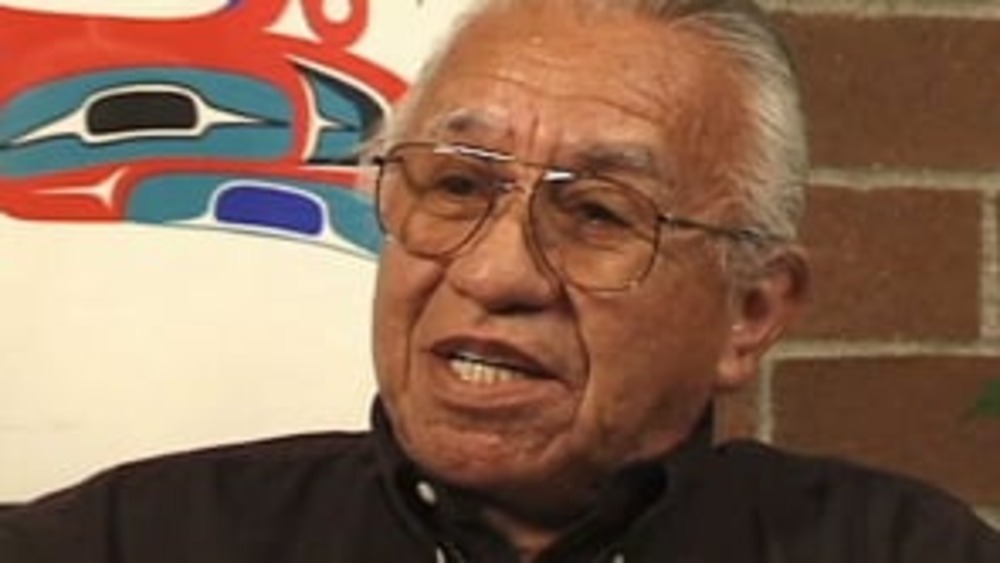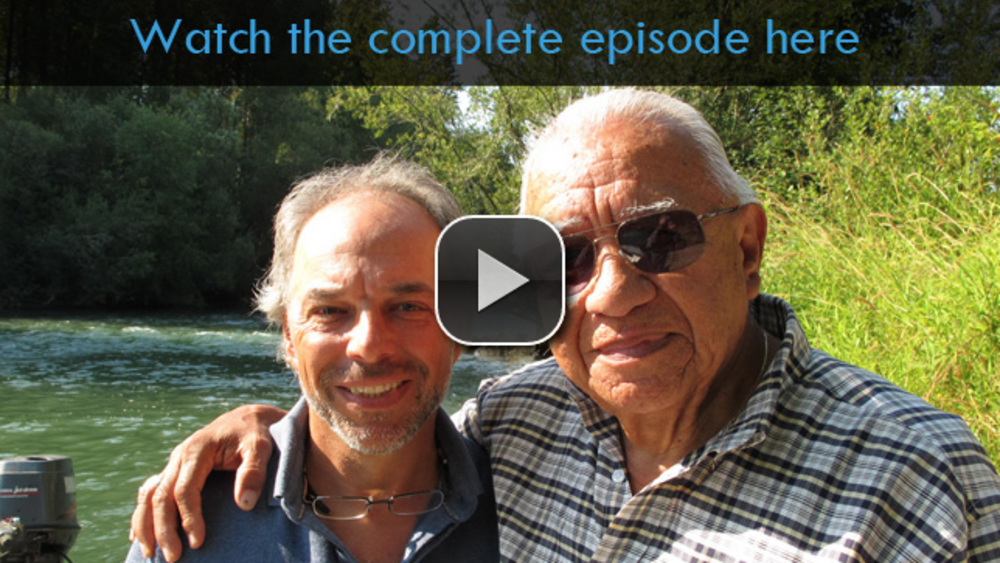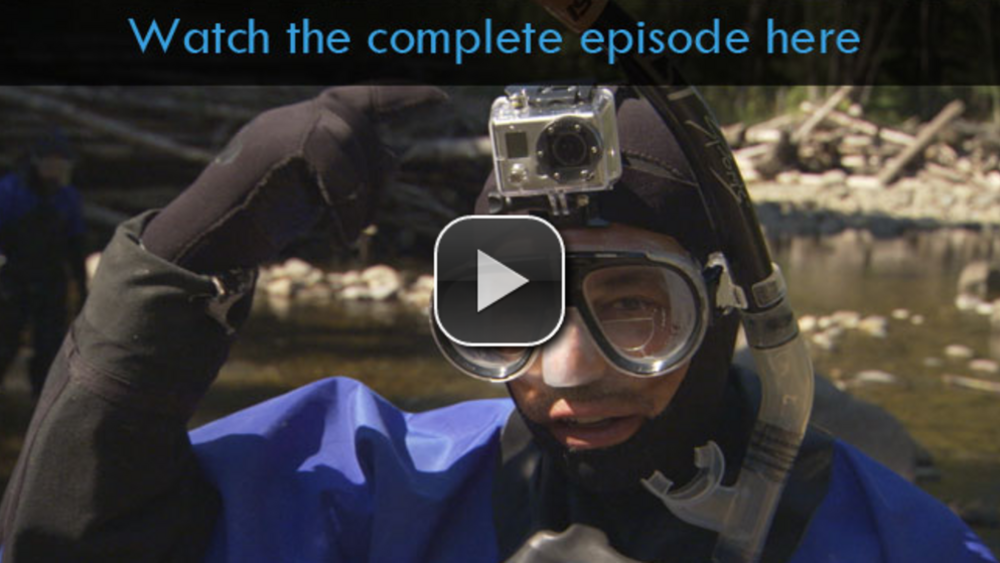Indigenous Governance Database
Billy Frank, Jr.

Great Tribal Leaders of Modern Times: Billy Frank, Jr.
Produced by the Institute for Tribal Government at Portland State University in 2004, the "Great Tribal Leaders of Modern Times" interview series presents the oral histories of contemporary tribal leaders who have been active in the struggle for tribal sovereignty, self-determination, and treaty…

Saving the Ocean: River of Kings, Part 1
An unusual coalition of tribal leaders, private partners and government agencies is working to restore Washington's Nisqually River from its source in the glaciers of Mount Rainier to the estuary that empties into Puget Sound. Led by the Nisqually tribe, the restoration aims to fill the river once…

Saving the Ocean: River of Kings, Part 2
An unusual coalition of tribal leaders, private partners and government agencies is working to restore Washington's Nisqually River from its source in the glaciers of Mount Rainier to the estuary that empties into Puget Sound. Led by the Nisqually tribe, the restoration aims to fill the river once…
